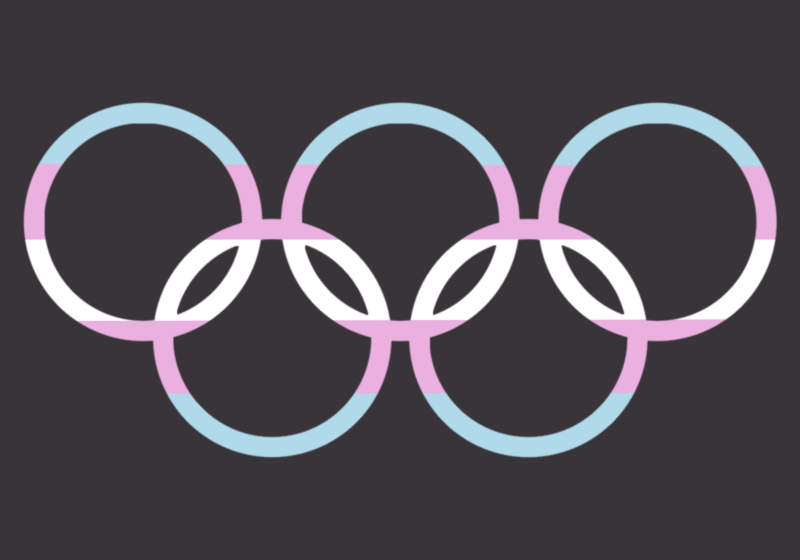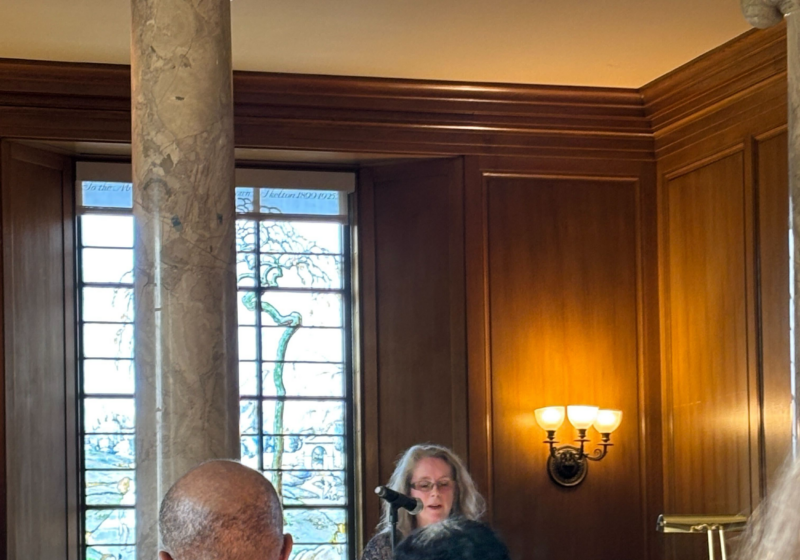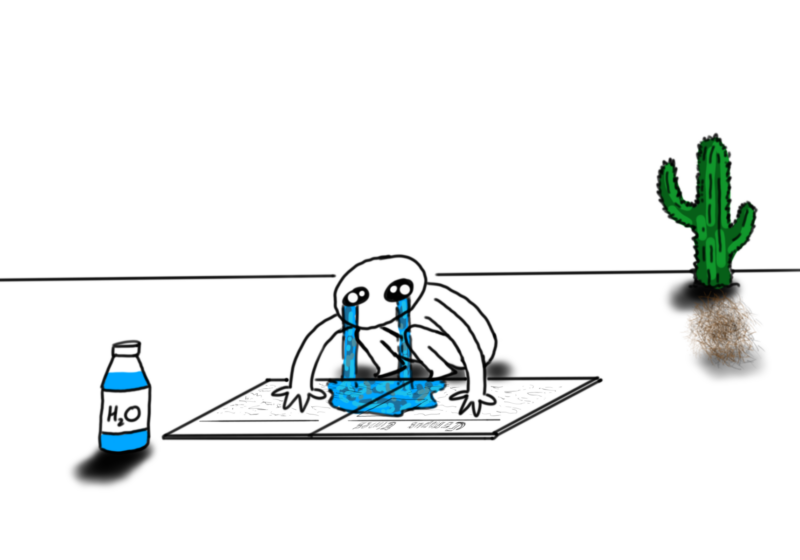With more transgender athletes competing in the Olympics — and winning — this has once again raised debate about the fairness of allowing them to compete with their cisgender peers. We find ourselves stuck in the dilemma of weighing trans athletes’ undeniable biological advantages versus their rights to have their gender identities fully acknowledged and embraced. But the question that’s been unresolved for decades can’t be deferred any longer — what exactly, if anything, defines a woman?
If you asked this question a century ago, the answer would have been much cleaner and purely biology-based. In the 1960s, over half a century after women’s sports were first introduced to the Olympics, medical committees experimented with various tests to distinguish the female sex, ranging from ethically-questionable full body examinations to more recently, cheek swab chromosome tests. Now, it’s testosterone tests. Although medical measures have undoubtedly gotten less invasive, they’re still by no means perfect, as clear-cut distinctions in testosterone levels between biologically male and female elite athletes don’t always exist. So we’re left in search of another answer.
But our concept of gender was never strictly biological in the first place, despite the fact that society still treats it as such. For the most part, society still enforces a dichotomous structure of gender practically everywhere around us — “ladies and gentlemen,” “man up,” “sit like a lady.” Our gender identities, now more than ever, are socially molded, reinforced, and expressed by social constructs. If you’re cis, you’ll consistently receive and internalize messages reinforcing that you are indeed cis — what you already believe. But for trans individuals constantly bombarded with messages that derail their gender identity, they face immense barriers unbeknownst to the average cis person.
In sports, the modern, fluid concepts of gender are incompatible with the strictly categorical chains of the past. Gender, socially, defines and celebrates all the in-betweens. Sports on the other hand is an area that runs on black and white distinctions — you compete as either a man or a woman; you either win or lose. To reach a definition of what’s fair (if that’s even possible), we need to reconcile the two, to define gender in a way that strikes a balance between acknowledging gender as objectively as the field requires and remaining inclusive.
So, let’s take a step back. Would we even raise this issue in the first place if trans women were found to have no statistically significant advantage in performance, or perhaps even if they were disadvantaged — would we care about fairness then? We’re not even questioning trans men — after all, they don’t possess the biological advantages that allow their performance to pose a threat to other competitors.
It’s obvious: We only care about trans athletes when they win — that’s when it becomes a problem. When trans athletes stay out of the spotlight, it’s ok, because they’re not a threat to cis athletes. It’s hypocritical to rally under the guise of fairness when we don’t allow trans athletes to win in the first place. After all, competition crowns the extraordinary — why should any competitor have their right to win invalidated? Why do we allow trans athletes to compete if we don’t properly recognize their victories?
And maybe that’s the issue — that we’re searching for a straightforward, fair answer that doesn’t exist. It’s impossible to force gender, an intrinsically fluid social concept, into the current reality of sports’ fixed dichotomy. We’re trying to merge concepts that won’t overlap, at least for now.
Maybe we shouldn’t see this as a problem to solve, but the preface to a new way of thinking about gender, one that we need to adopt not just in speech but in action, in powerful places like the Olympics. Gender doesn’t have one definition, and it doesn’t have to — and it won’t. As we move towards embracing all individuals, all things in between, all those who don’t fit into our restrictive binary at the present, perhaps we can imagine a world where we incorporate a balance of objective yet unstifling boundaries in sports.
But in this arena, there’s no solution forthcoming anytime soon.







